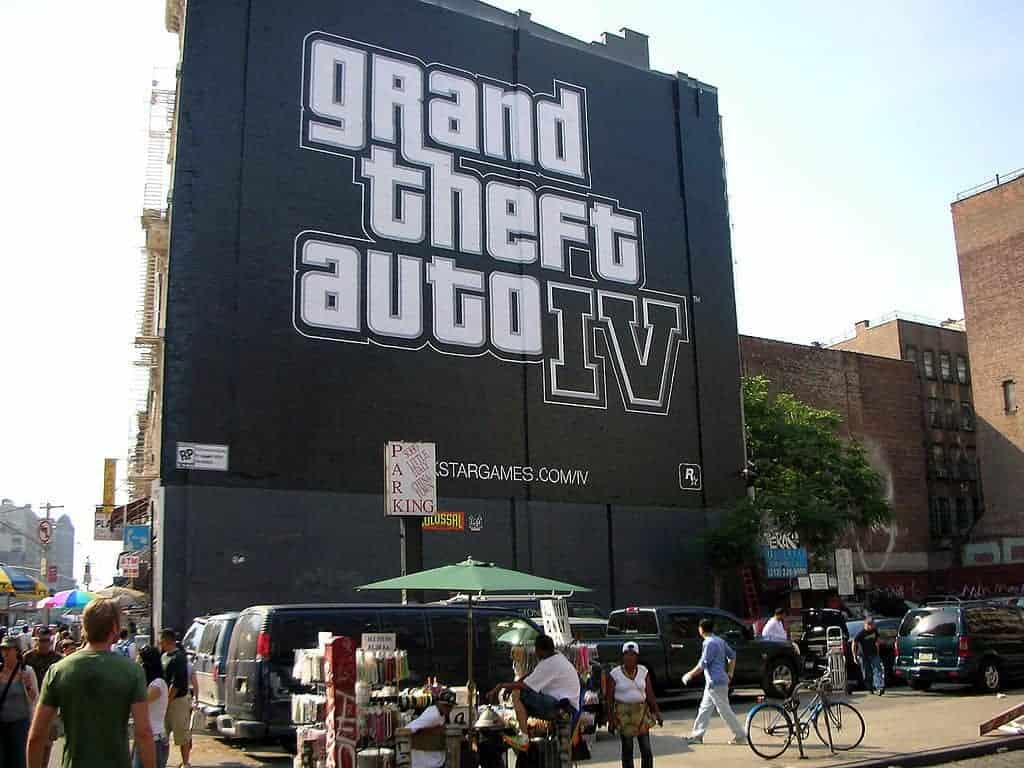A federal judge in New York has ruled that the creator of a program that allowed players to “cheat” when playing a video game infringed the game’s copyright.
Take-Two Interactive Software, Inc. v. Zipperer involved a motion for a preliminary injunction against defendant David Zipperer, who was accused of created and distributing software for cheating in and manipulating Take-Two’s game Grand Theft Auto V (GTAV) and its online version.
Take-Two owns the copyright in its games. It also requires user to assent to license terms in which they agree
not to . . prepare derivative works based on, or otherwise modify the Software, in whole or in part,” (2) “not to . restrict or inhibit any other user from using and enjoying any online features of the Software,” and (3) “not to cheat or utilize any unauthorized robot, spider, or other program in connection in connection with any online features of the Software.
Zipperer (despite having only a 9th-grade education) created and sold two programs called Menyoo and Absolute that allowed users of GTAV to perform unauthorized actions to give themselves advantages and “grief” the gameplay of others.
Take-Two alleged that this both violated the license terms and infringed its copyright.
The judge found that Zipperer’s software created an “alternative” version of GTAV that was an unauthorized derivative work and thus infringed Take-Two’s copyright.
The judge rejected Zipperer’s argument that he shouldn’t be bound by the license because he hadn’t read the whole user agreement and the little he did read was difficult for him to understand.
The court cited the 1875 US Supreme Court decision in Upton v. Tribilcock, in which the Court stated:
It will not do for a man to enter into a contract, and, when called upon to respond to its obligations, to say that he did not read it when he signed it, or did not know what it contained. If this were permitted, contracts would not be worth the paper on which they are written. But such is not the law. A contractor must stand by the words of his contract; and, if he will not read what he signs, he alone is responsible for his omission.
The court also noted that GTAV players had to accept the terms of the user agreement several times, including by clicking “I ACCEPT,” and that
Courts routinely uphold clickwrap agreements for the principal reason that the user has affirmatively assented to the terms of agreement by clicking “I agree.”


